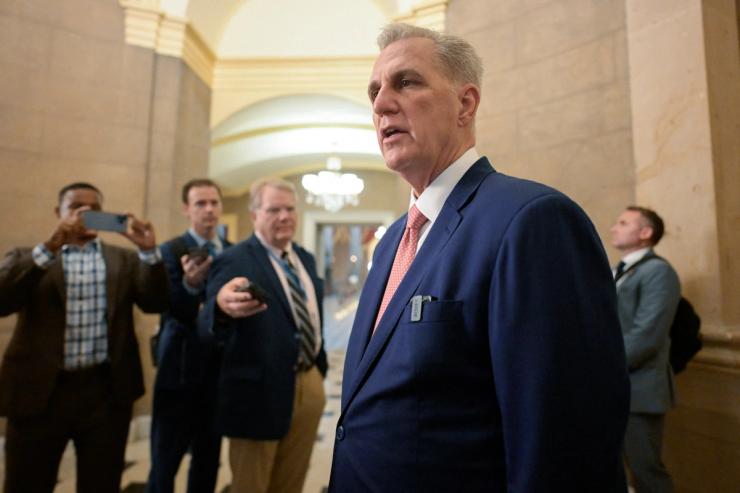The News
Federal agencies are scrambling to prepare for an impending government shutdown, as partisan rifts in the U.S. House of Representatives continue to grow just a day before the Sept. 30 deadline.
While a shutdown will not lead to the disastrous consequences anticipated when the House nearly failed to lift the debt ceiling in May, it does threaten to disrupt both global and domestic commitments.
SIGNALS
Foreign aid will likely be scrapped, regardless of what Congress negotiates on issues like Ukraine. Republican-led initiatives to gut foreign funding will almost certainly be rejected by the Senate and White House, but more than $1 billion requested by agencies has been put on hold because of partisan scuffles during a year where “things have gotten a little out of hand,” the Devex Newswire newsletter writes. That money — predicted to fund areas of global health, climate, and gender-related programs — will be considered “unobligated” or unassigned after the deadline, meaning it goes back to the Treasury.
A shutdown would halt the U.S. Environmental Protection Agency’s production site inspections, but “polluters don’t stop polluting” in a shutdown, an EPA official told the Washington Post. Residents living near chemical plants and hazardous waste sites — who are typically low-income and people of color — are most at risk of being exposed to higher levels of carcinogens and other harmful substances during the shutdown, experts said. But the current U.S. clean energy boom won’t be affected by the shutdown, writes Semafor’s Tim McDonnell. Clean energy is one of the country’s biggest industries, and a shutdown “could hardly reverse the momentum the industry has built up over the last year.”
Republicans know that the economic fallout from a shutdown “would be smaller and more predictable” compared to the potential hit from the debt ceiling crisis. This puts less pressure on leaders to override internal party objections on reaching a deal, according to Goldman Sachs analysts. Neither party is likely to give in to immediate concessions when the shutdown begins, but mounting political pressure — particularly after the failure to pay military personnel — would inevitably force the two parties to reach a consensus in potentially two to three weeks, the analysts predict.



